
 Instagram
Instagram
Contraceptive Rings Explained

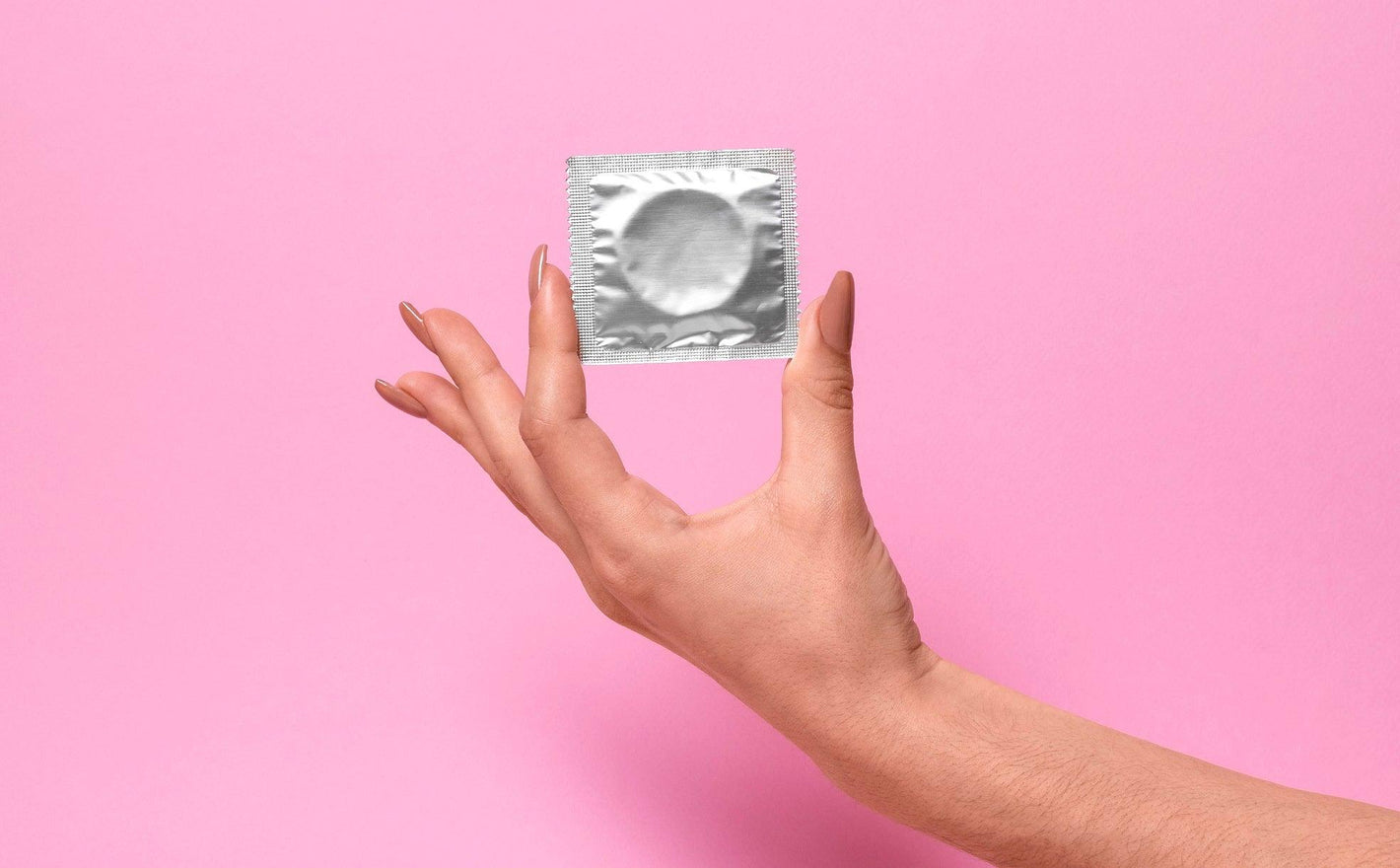
Related products
What’s covered?
If you have a uterus and prefer to prevent pregnancy, you might consider using a contraceptive vaginal ring. Unlike contraceptive pills, which you must use daily, this method of birth control has to be implanted once a month.
A contraceptive vaginal ring provides a constant dosage of the hormones progestogen and oestrogen into circulation to avoid getting pregnant.
Continue reading to learn more about how a vaginal ring works, how it works, and the benefits and drawbacks of using it.
What Exactly Is A Contraceptive Vaginal Ring?

A contraceptive vaginal ring is a kind of contraception that may also assist women in controlling their periods. It produces the same hormones as the contraceptive pill does. A soft plastic ring is put into the vagina to avoid pregnancy.
The vaginal ring secretes progestogen and oestrogen, which are absorbed via the vaginal walls. These are the same hormones in the oral contraceptive combined pills, although at a lesser concentration.
How Does A Vaginal Ring Work In Preventing Pregnancy?
By continually releasing synthetic progestin and oestrogen, the vaginal ring inhibits pregnancy. These hormones go into your circulation.
They stop your ovaries from producing eggs that can be fertilised. The hormones also thicken the cervical mucus, which aids in the prevention of sperm reaching the egg.
Using The Vaginal Ring
The rings are put in the vagina on the first day of menstruation. It's highly flexible so that you can squeeze it for positioning. The placement of these rings does not influence their efficacy. If you have any concerns about the procedure, please refer to the information included in the package or seek advice from your doctor or nurse. You might also implant this vaginal ring on days 1-5 of your menstruation and utilise it straight. For instance, begin the new ring for an upcoming Monday.
Can You Continuously Use The Vaginal Ring?
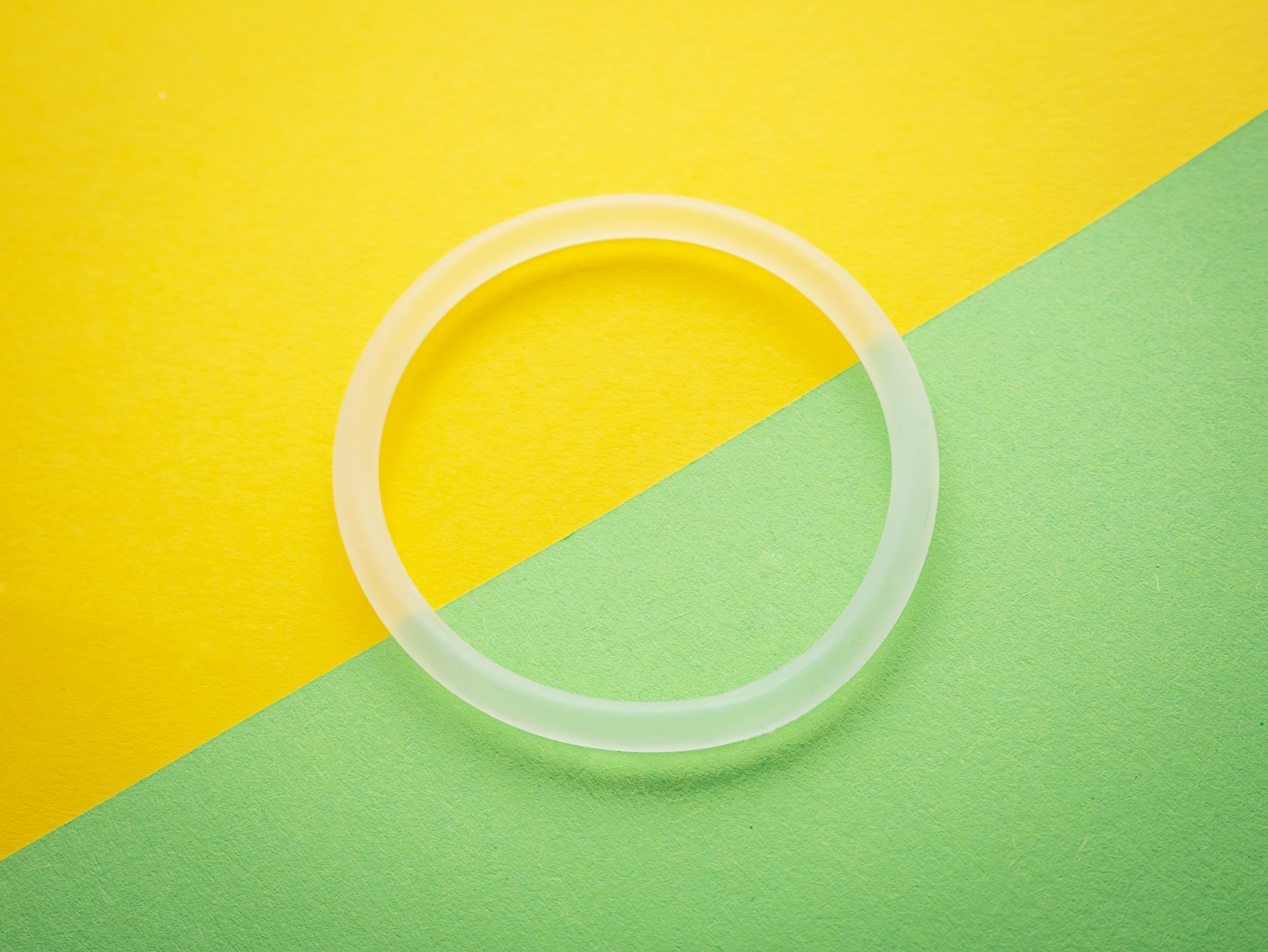
Most women would like to have no periods or minor bleeding. Continuous usage of the ring seems to result in fewer bleeding episodes, although they may be rather expensive.
The ring may also be worn continuously for nine weeks before being removed for the typical seven-day break, during which a bleed will generally occur. This is referred to as extended use.
Although the vaginal ring is not permitted for continuous or lengthy usage, it seems safe. It may have advantages not only because of fewer periods and associated discomfort but also because it makes it more effective - it is less probable that you will forget to change your ring if you use it continually. However, it this information is yet to be proven.
What If The Vaginal Ring Comes Out On Its Own?
The vaginal ring may sometimes fall out on its own (expulsion). It might occur during or after intercourse or if you did not correctly insert it.
It would be best to determine how long the ring has been out and what week of the cycle you are in.
If the vaginal ring has been removed for less than two days (depending on the stage of the cycle) and you have been wearing that ring for less than three weeks:
-
Rinse using lukewarm or cool water
-
Replace the same ring as soon as possible
-
You don't require extra contraception and are safe against pregnancy if you used the ring correctly in the previous weeks.
Benefits And Drawbacks Of The Contraceptive Vaginal Ring
The key benefits of the vaginal ring are as follows:
-
It is simple to insert and remove.
-
It has no effect if you have diarrhoea or you're ill (vomiting)
-
Period-type bleeding usually lightens, becomes more regular, and becomes less uncomfortable.
-
It may reduce premenstrual symptoms.
-
It does not interfere with sex.
-
You don't have to consider it each day or each time you have sex.
The main drawbacks are as follows:
-
Some women have trouble staying in place.
-
It costs more than the pill.
-
You must remember to put it in and remove it at the appropriate times.
-
Like the pill, it may cause headaches, nausea, bloating, sore breasts, acne, changes in mood, lack of desire for sex, breakout bleeding, and brown spots on the face.
-
There is a meagre chance of having a heart attack, a stroke, or having blood clots (or thrombosis).
The vaginal ring is not recommended for highly overweight women who have suffered a deep vein thrombosis, stroke, or heart attack. It is not recommended to have a disease that raises the risk of blood clots, severe liver issues, some forms of migraine, breast cancer, or certain types of lupus.
Certain medications for epilepsy and herbal treatments might prevent the vaginal ring from functioning correctly. If you are over 35, smoking, or are six weeks postpartum, you should not wear the vaginal ring.
Risks Of Vaginal Ring
When using the vaginal ring, there is a tiny possibility of significant adverse effects.
For most women, the advantages of vaginal rings exceed the dangers, but you should consider all the risks and benefits with your doctor or nurse before beginning.
Blood Clots
A tiny percentage of women who use the vaginal ring may get a blood clot in a vein or artery. If you've ever had a blood clot, avoid using vaginal rings.
Cancer
Women who use the vaginal ring have a slightly higher chance of being diagnosed with breast cancer than those who do not. However, this decreases once you've quit using the vaginal ring.
Long-term usage of progestogen and oestrogen hormonal contraception may also raise the chance of cervical cancer.
Conclusion
A contraceptive vaginal ring is a hormonal contraception that prevents conception, like the oral contraceptive pill. It may be a helpful alternative for women who have difficulty remembering to take their pills daily or are uncomfortable using contraceptive implants or intrauterine devices.
Furthermore, consider all of your choices before choosing the best birth control technique for you. If you believe a vaginal ring is a good option, consult your sexual and reproductive healthcare professional or doctor.
Here at Welzo we have several options for contraception. To view our range of birth control and emergency contraception pills, read our information page here.
Contraceptive pills & services
- Contraceptive treatment
- Buy rigevidon
- Buy Yasmin combined contraceptive
- Buy Cerazette
- Buy Mercilon
- Buy Cerelle
- Buy EllaOne emergency contraceptive
- Buy Triadene
- Buy Qlaira
- Buy Synphase
- Buy Sunya
- Buy Norgeston
- Buy Levonorgestrel
- Buy Ovranette
- Buy Femodette
- Buy Dretine
- Buy Levonelle
Contraception articles
- Is the morning after pill free?
- Can I get over the counter birth control pills?
- What are the benefits of the progesterone-only pill?
- What's The Difference Between The Combined Pill And The Mini Pill?
- When to take the morning-after pill?
- Natural Contraception Methods
- IUD Coils Explained
- Contraceptive vaginal rings explained
- What is a diaphragm contraceptive?
- What contraceptive is best for me?
- How does the contraceptive pill work?
- What is coil contraception?
- What are contraceptive injections?
- Is it safe to take contraceptives?
- What is the most effective form of contraception?
- Are contraceptive implants safe?
- Are birth control pills safe in the long run?

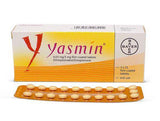
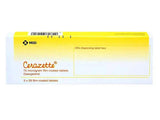
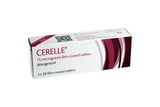

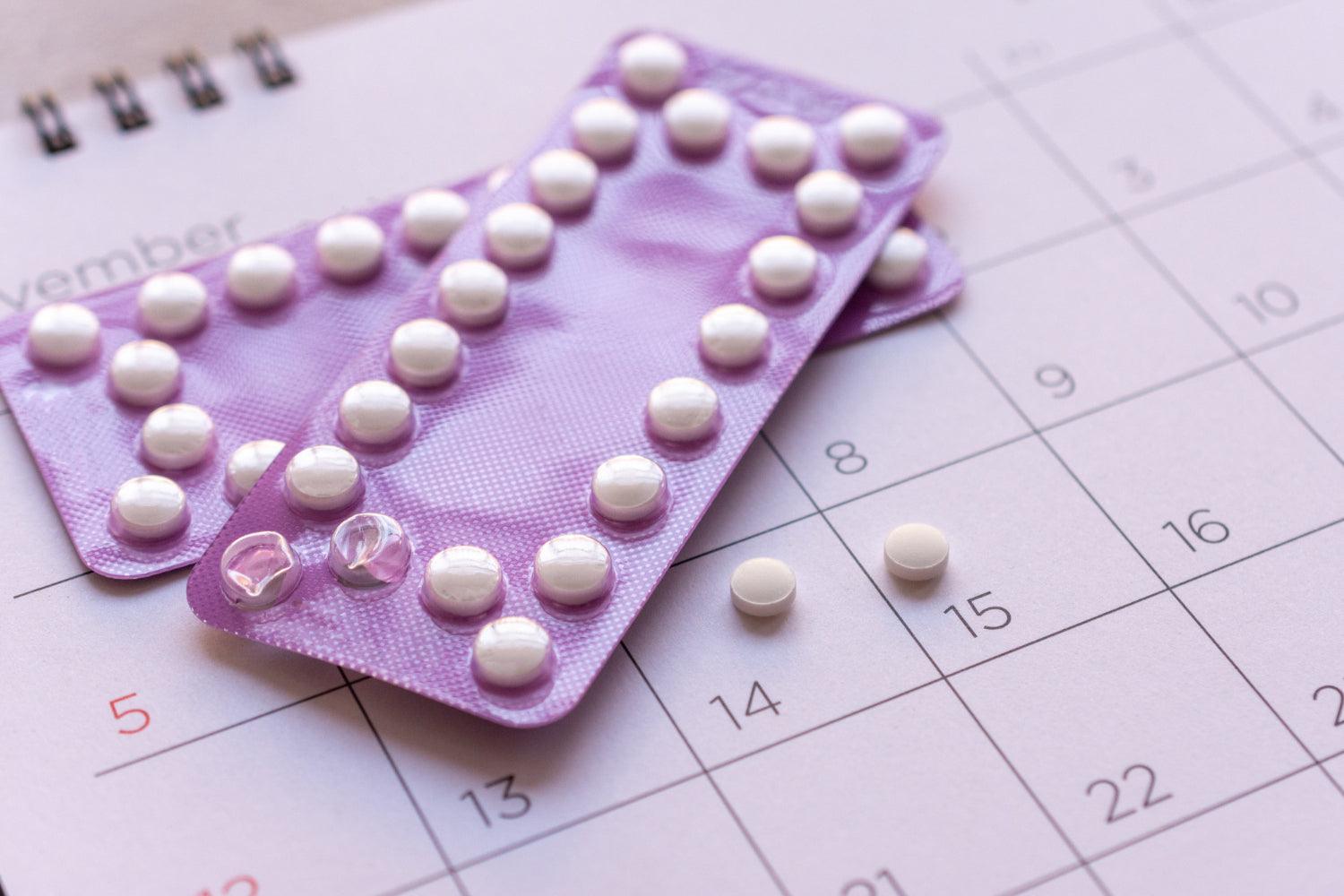

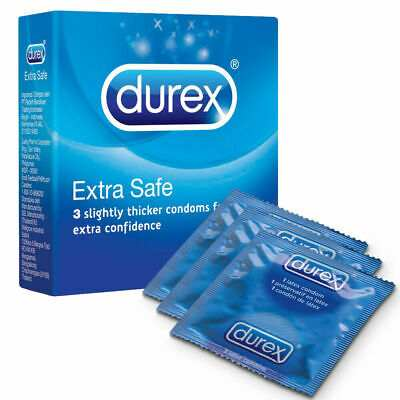


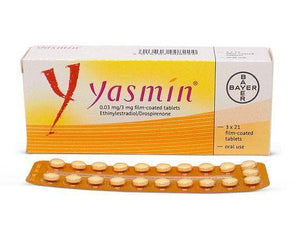
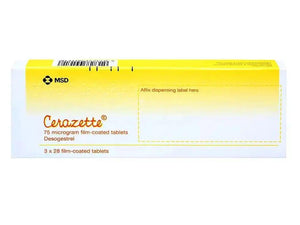
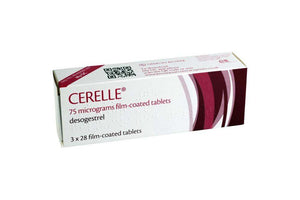

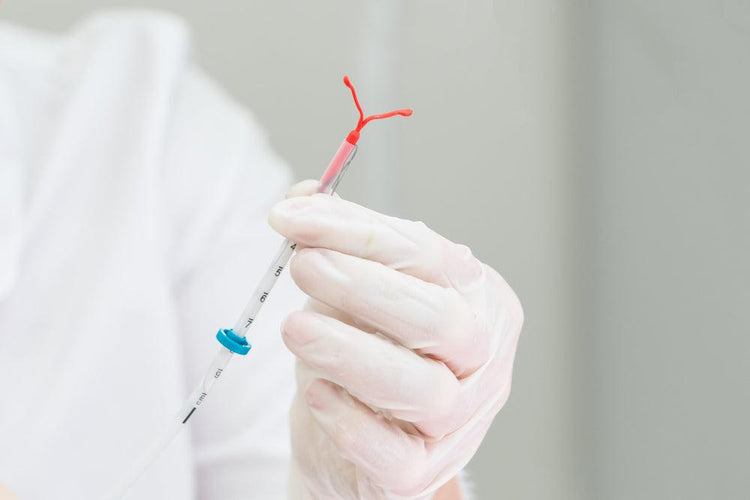
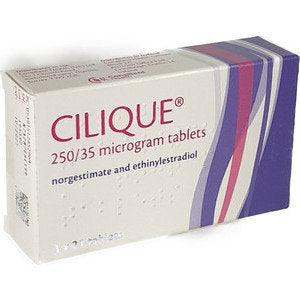

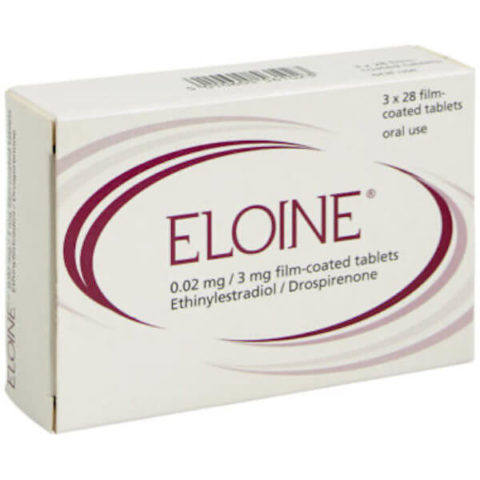


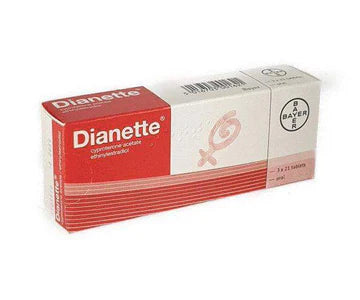
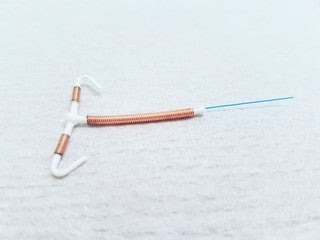

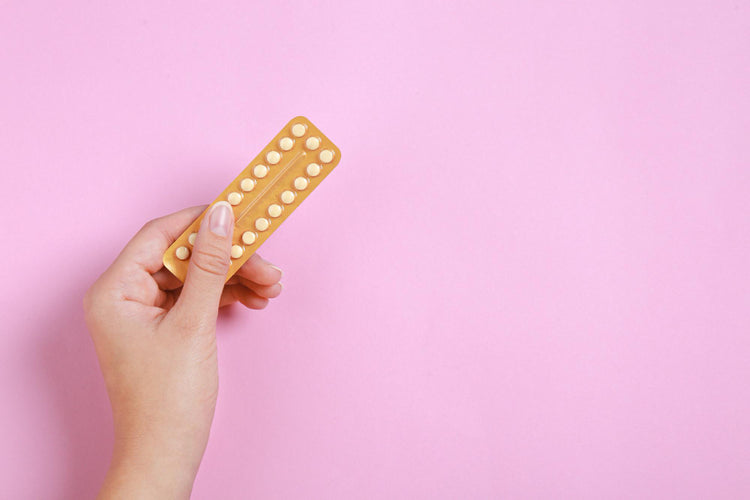
 Rated Excellent by 26,523+ Reviews
Rated Excellent by 26,523+ Reviews